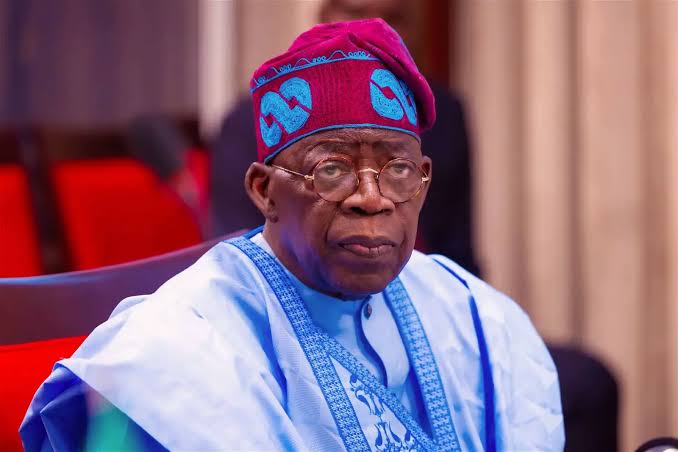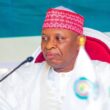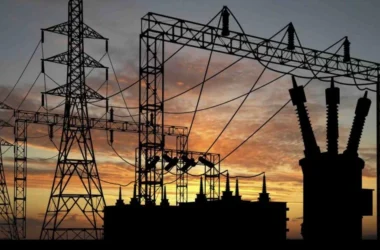The Federal Government’s N9bn e-border surveillance project, launched in 2019 to monitor Nigeria’s extensive borders, has faced criticism for its inability to effectively curb illegal immigration and associated crimes.
Despite promises of advanced technology and tighter security, residents of border communities report that illegal immigrants continue to cross into the country undetected.
The e-border system, part of a larger N52bn project approved in 2019, was designed to use real-time monitoring technology to enhance security across the nation’s borders, which stretch over 5,330 kilometers.
According to Interior Minister Olubunmi Tunji-Ojo, over 80 crossing points have been automated as of 2024, with trained personnel monitoring activities 24/7. However, local testimonies paint a different picture.
“As we speak, more than half of our borders have been automated. There are visuals, and a lot of processes going on now. So, effectively, there is e-border surveillance now in our borders.
“By October (2024), we will be done with the first phase of the e-border surveillance project, including our marine borders. Now, we have the command and control for air and land. You cannot secure your borders effectively without technology,” Tunji-Ojo said in a live national television programme in May 2024.
In Kwara State’s Baruten Local Government Area, former council chairman Abdulrasheed Abdullahi revealed that illegal immigrants from Benin Republic still enter the country regularly through unguarded routes.
Abdullahi told PUNCH, “Although the border posts have been closed since 2020 during the administration of former President Muhammadu Buhari to beef up security, the border closure has not stopped citizens of Benin Republic who are our neighbours from coming into the country.”
“The e-border control system installed to stop the illegal immigrants from coming to the country had not stopped their citizens from entering Nigeria,” Abdullahi, who ended his tenure as the council chairman in September 2024, added.
Similarly, community leaders in Ogun State have described the system as ineffective, with Eselu of Iselu, Oba Akintunde Akinyemi, calling it a “white elephant project.”
Oba Akinyemi told PUNCH, “The N9bn e-border control system project is a white elephant project just like the botched Nigeria Airways” under the same government of President Buhari.
“This issue of N9bn e-border control system project is a white elephant project under Buhari’s administration just like the Nigeria Airways which newspaper reports said that some people went to borrow an aircraft somewhere, branded it and call it Nigeria Airways.
“Maybe the e-border control system is at the airport, I don’t know. But for the land border area, nothing like that exists here. In fact, there is a greater influx of Beninois into the country.
“If you come to our area, there nothing so visible demarcating the two countries, just as Nigerians are going into their country, the same way we are having them, the Beninois also coming in droves, it is like we are sharing the same country.”
“They are even laying claims to some of our lands. Maybe the border control system is somewhere in the North, but I have not seen anything like that here. I am one of the advocates for the border commission; where are they? What are they doing?” he queried.
“I have said it countless times: all we see is the budget; we don’t know where the money goes. Maybe in the history of our area, they sank a borehole after PUNCH wrote about the plight of a community without water and all that.
“The infrastructural deficit at the border area is very high, and the children do not have access to basic education. Kudos to the state government for doing this anyway. The state took it upon itself to bring in some schools and build some infrastructure, but it is not enough.
“We also appreciate Senator Solomon Adeola for what he’s doing to enhance the development of the border communities. The reason we are also seeing crime going up is due to the influx of foreigners who come into the country without being checked; they could carry some weapons, they will come into the country, do whatever they like and move back to their country, that’s the problem.”
Further north, in Jigawa and Taraba states, residents report longstanding ties with neighboring Niger and Cameroon that complicate enforcement.
Traders and farmers frequently cross borders for economic activities, blurring the lines between legal and illegal movement.
In the South-South region, however, local leaders in Cross River commend efforts to secure borders with Cameroon, highlighting tighter security measures that have reportedly reduced illegal crossings.










